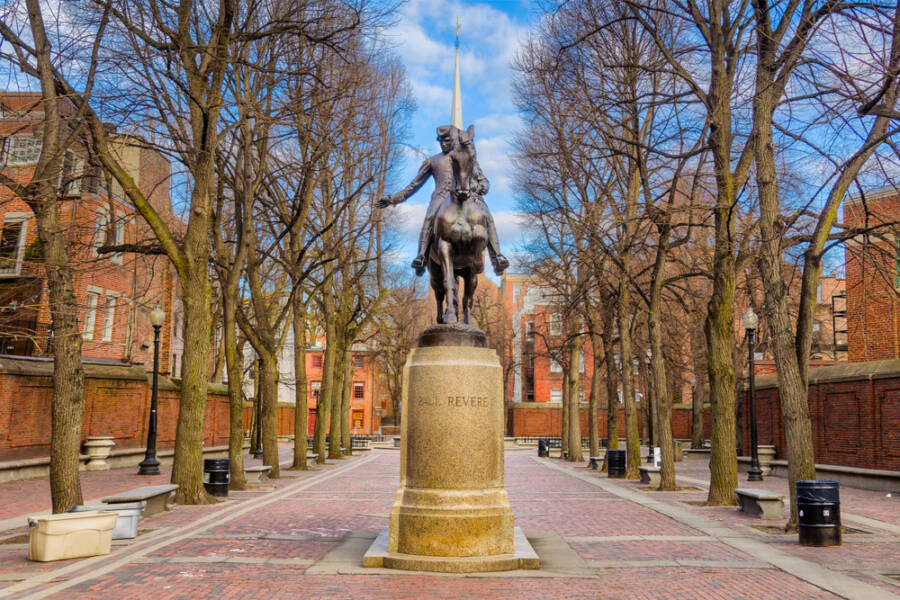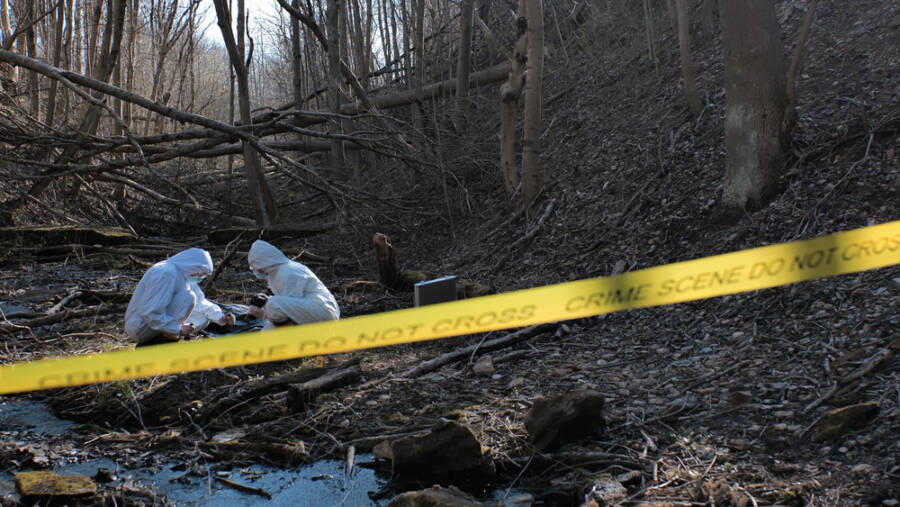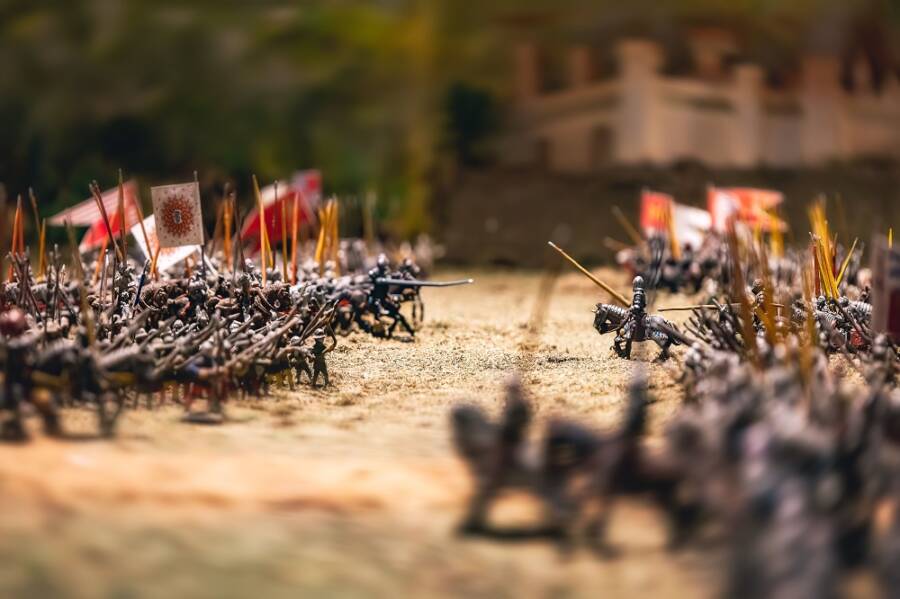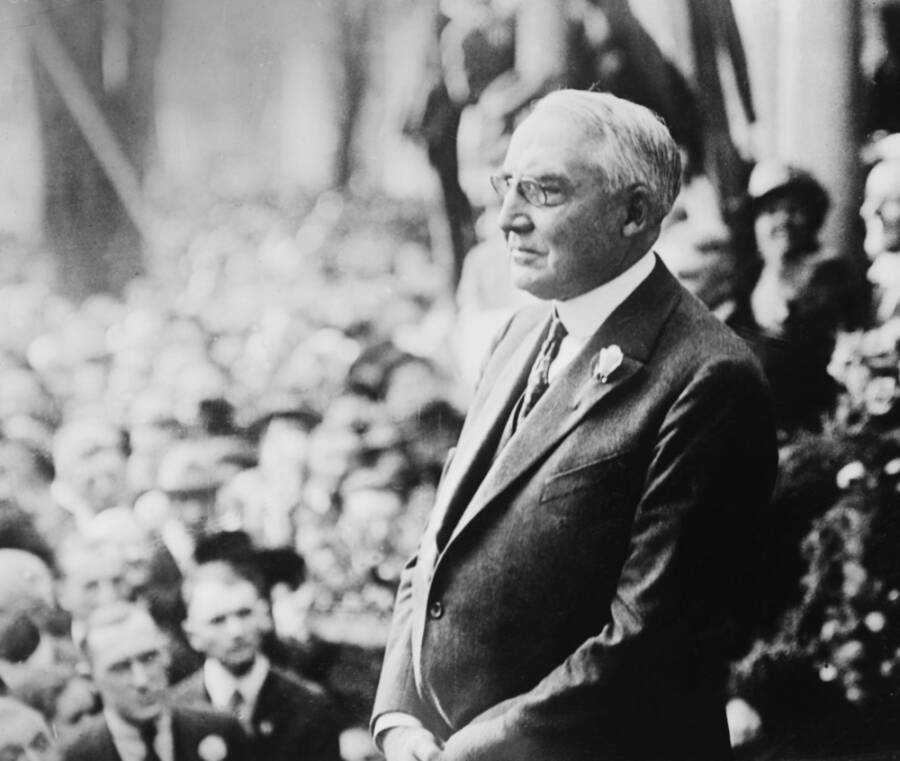Who were the Pinkerton women?
It is already known that men make great cops, spies, and detectives, but it may be time to also point out that in American history there are also a couple of women who made notable things for the country. In a world ruled by men where women were mostly there to be mothers and take care of the household chores, some wanted to break the pattern and enter this field at a very young age.
For example, Kate Warne in 1856, when she was only 23 years old, contacted the Pinkerton Detective Agency after reading an article in the neighborhood newspaper and asked to be hired as a detective. Did they hire her? You will have to read the following article to see the rest of her story, but also others.
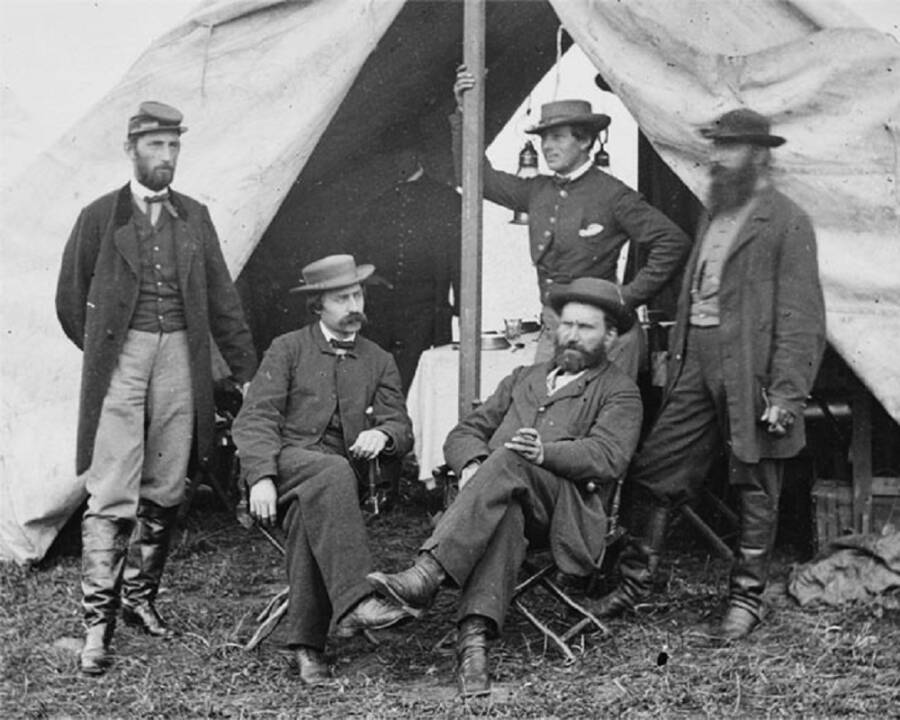
Kate Warne
Persuasive, bold, and stubborn enough to try a completely different thing for that time, Kate Warne is the first of the Pinkerton women who was a detective. Even though in the beginning everyone at the office was skeptical of hiring her, seeing her so determined and with an eye for detail, Allan Pinkerton decided to hire her. She was supposed to go to social gatherings where men were not allowed to find things that may be considered classified but also to befriend spouses of influential men.
To prove her honesty and skills, she started working on her first case; the case of the embezzlements at Adams Express Company had her effectively winning the trust of Mr. Maroney’s wife, the key suspect. Hence, she collected crucial proof, which resulted in the husband’s conviction. Mr. Maroney stole $50,000 from the Adams Express Company, but with the help of Kate, they were able to get $39.515 back.
And this wasn’t even half of the job she had perfectly done. She covertly escorted President-elect Abraham Lincoln to his first presidential inauguration in February 1861. Lincoln might never have arrived in Washington, D.C. at all. He was publicly hated by Southerners for his strong stance against slavery, and ever since his election, he had been getting death threats.
Without the efforts of Kate, one of those threats very well may have come true. She was able to provide information on a plot to kill President Lincoln, and she led a strategy to stop the conspirators from ambushing the president.
After this incident with Abraham Lincoln, she proves herself capable of remaining in the detective agency as one of the best employees. She was the first of the Pinkerton women who opened the door for this road, standing out as an example that women can be great spies too. In fact, until her untimely death in 1868, she was the right hand of the agency.
Hattie Lawton
Together with Kate Warne, Hattie Lawton is another one from the group of Pinkerton women who were famous for her work. Driven and very dedicated to doing her job well, Hattie was the second-best female detective in the agency.
Along with Pinkerton’s other female investigators, Hattie enlisted in the Union Secret Service under the command of Allan Pinkerton at the start of the Civil War. Pinkerton dispatched her on several short-term missions behind enemy lines.
Pinkerton said that out of all his agents, none was more determined or level-headed than Lawton, who had proven to be extraordinarily effective and frequently managed to escape with extraordinary good fortune.
Unfortunately, during a secret mission with Timothy Webster, they were cut short and arrested as spies. Webster was sentenced to death, and she had to go to prison for one year. After the Civil War ended, not many things were known about her since most of the Pinkerton files burned in the Chicago fire. Like other Pinkerton women, she also had a significant impact on the country’s history.
Elizabeth H. Baker
Elizabeth H. Baker, who worked out of Pinkerton’s Chicago office, received instructions to travel to Virginia in late 1861 to collect information on the Confederate Navy. Her expertise, competence, and contacts allowed her to get an invitation into the house of an old acquaintance, a Confederate naval commander, and his wealthy spouse who lived in Richmond. She was known as a “genteel woman agent” and familiar with Virginian culture and traditions.
Living with them, she received an invitation to a demonstration of an unknown torpedo-equipped submarine intended to combat the Union blockade of the commerce channels. Elizabeth was given a tour of Tredegar Iron Works, which provided half of the artillery made in the South on American soil, the day following the demonstration.
She saw the development of two additional submarines, iron plating for the ironclad battleships, steam engines, and an overwhelming amount and variety of ordnance. Later on, after the event, she quickly did a couple of sketches of what she witnessed, including details about how the submarines operated, the locations of the city fortifications, and the number of troops in Richmond.
After two days, Baker got a travel pass, said goodbye to her guests, and came back to the North, warning the Pinkerton agency that the Union cause would face a huge tragedy if nothing was done soon. Pinkerton informed the Union Navy of the critical message.
Pinkerton said that Baker should get the true credit for providing “great service to the nation,” despite the press reporting that the Federal fleet outside the James River was spared from destruction owing to the discovery of an odd contraption “by a mere accident.”
Even though the Pinkerton women were so good at their jobs, there were still a lot of people who had this misconception that women shouldn’t work in this field because it was dangerous and men were far more prepared for it.
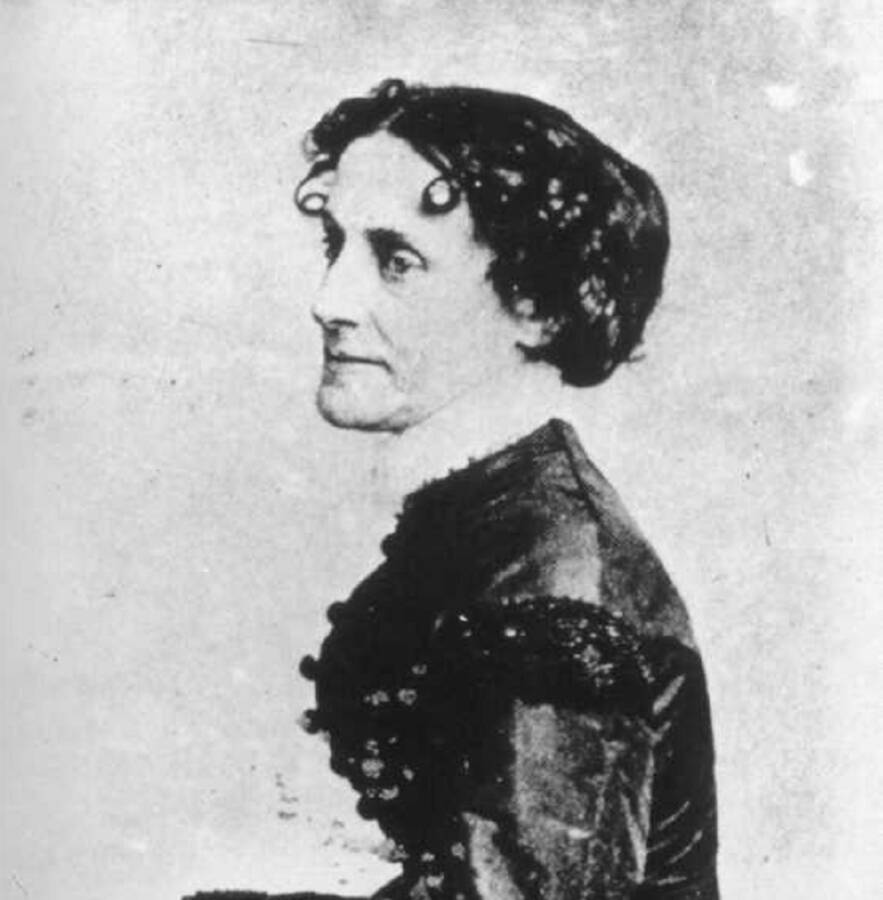
Elizabeth Van Lew
One of the best Union spies and Pinkerton agents of all time is the Southern aristocrat Elizabeth Van Lew. Born in Virginia but schooled in the North, Van Lew vehemently opposed slavery and succession.
Along with other Unionists, Van Lew developed an underground network to block the South’s war effort and secretly support the Union. Freewoman May Elizabeth Bowser, as well as clerks from the Confederate War and Navy Departments, farmers, seamstresses, and storekeepers, all worked for the North, were members of her spy ring.
Using her position and status, she tried to comfort soldiers captured at Libby Prison by helping them with medicine and food, and eventually helped them escape. Since Elizabeth was very influential and had a vast network, she would easily dispatch information to the Union Secret Service but also to the President himself.
Although she did a great job alongside the other Pinkerton women, she never saw herself as a spy, but instead as a patriot ready to protect her country against traitors.
How many other things do you know about the Pinkerton agency? Let’s continue the discussion in the comments section. If you enjoyed the article and are interested in other related topics, feel free to share your thoughts. We value and consider our readers’ opinions.
Since our article is just a small part of the story, if you enjoyed the reading, we invite you also to check out this book based on the Pinkerton National Detective Agency, where these women started doing a job mainly destined for men. The book is available on Amazon in paperback and Kindle editions for $14 each.
Related article: Forgotten Figures: 7 Infamous Women in Nazi History.

